- Learning time
- 30 minutes
- First play time
- 120 minutes
Castles of Mad King Ludwig
Designed by:
Castles of Mad King Ludwig is a game that can appeal to almost any age. Each player sets out to build the most pleasing castle for Bavaria’s allegedly Mad King Ludwig and on their turn they will each be adding a new room.
But what the King wants in his castle varies from game to game, from player to player… and may even change during the game. So integrated into the simple pleasure of seeing your castle take shape on the table is a seam of strategy: how you build your castle will score you more points if you take care over the layout. For instance putting bedrooms next to noisy entertainment rooms will count against you, whereas placing them adjacent to washrooms give you extra points. And more bespoke rooms will have fussier preferences as to where they go…
Building a room gives you an instant reward (and possibly a penalty, if your placement isn’t ideal) and ‘completing’ a room (i.e. having all the exits lead to other rooms or hallways) gives you a bonus. What the bonus is depends on the type of room – it could be cash, or points, another turn, or one of a few other benefits.
What’s more, as well as considering your design, you need to consider your economy.
At the start of each round one player is the Master Builder. They will draw cards to uncover whichat rooms are ‘available’ to build, and then decide how to price them for all the players – bearing in mind that they, the Master Builder, will be last to buy. Each player then pays the Master Builder the cost, and finally the Master Builder pays money to the general supply to build his or her own room.
So as well as the castle-building there is also money moving around the table, and real thought as to how the building prices are decided. If you (as Master Builder) want a particular building for yourself, you won’t want to price it too high. But on the other hand if you price it too low, it’s more likely to be snapped up by another player! You also need to keep watch on the other players’ castles as they develop so you don’t let them score points cheaply.
Finally each player starts with 2 Bonus cards that they keep secret. These cards tell them the features Ludwig really wants to see in their castle, and will reward them at the end of the game depending on how successfully his wishes have been integrated. He might want lots of round rooms, or gardens, or cellars… And The Kings Favor also works in similar fashion, although the features Ludwig is looking for here – it could be living rooms, circular rooms, external doors, any number of things – are a competition between all the players.
An easy-to-learn and easy to teach game that is fun to play.
The guru's verdict
-
Take That!
Take That!
Players can't interfere with each others' buildings, but the Master Builder should be trying to maximize profits and make sure the other players pay as much as they are willing to for the room they want.
-
Fidget Factor!
Fidget Factor!
Building and scoring is quick, but the game may pause a little while the Master Builder is working out how to price the buildings.
-
Brain Burn!
Brain Burn!
It sounds simple - buy a room, build it. But as stated above, which room you build and where you place it needs to be decided with your bonus cards and the King's Favor in mind.
-
Again Again!
Again Again!
After a first play and familiarizing yourself with the rules, Castles is not a long game and due to the cards, buildings, and Kings Favor, will always feel different.

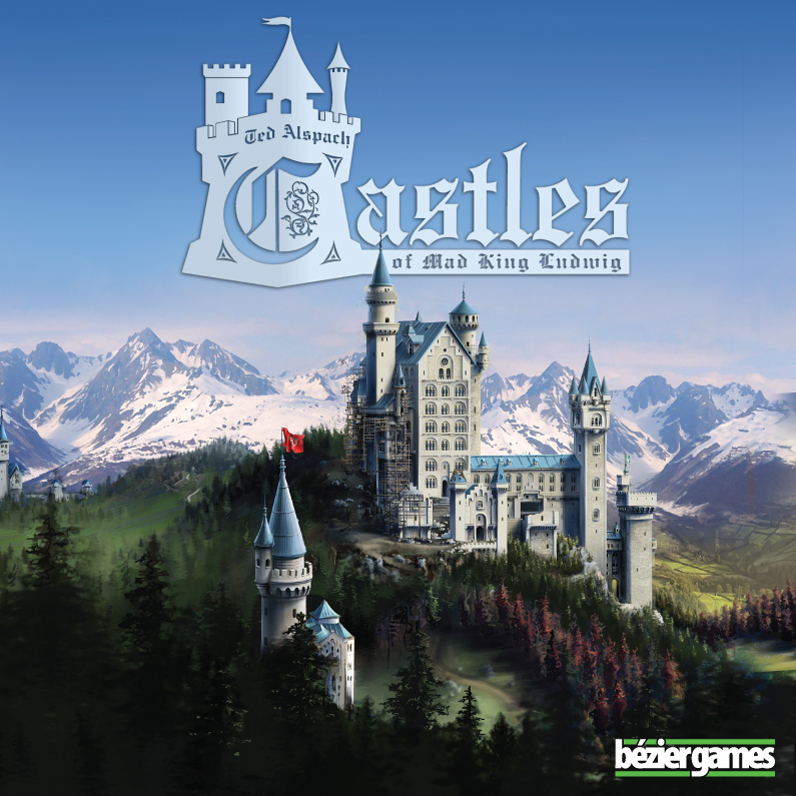
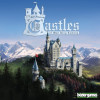
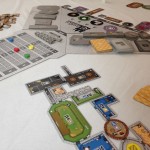
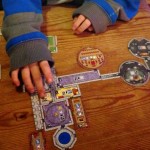
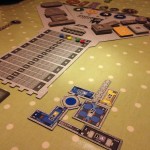
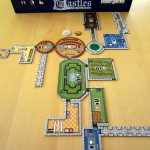
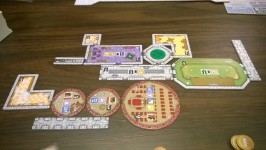
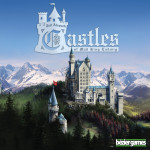

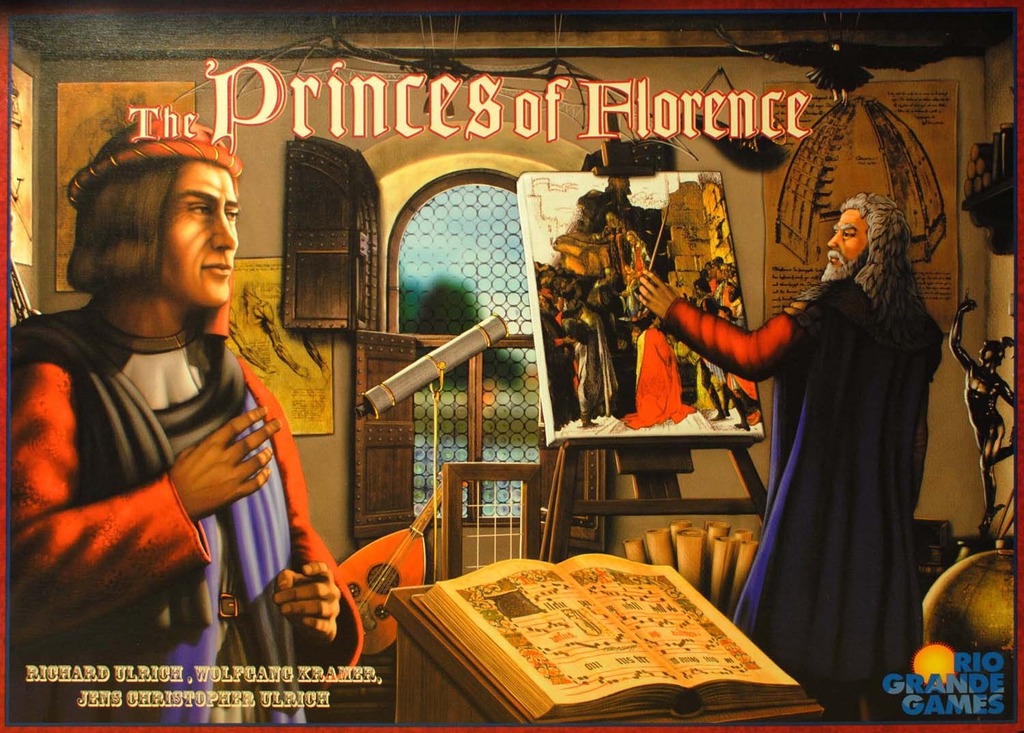
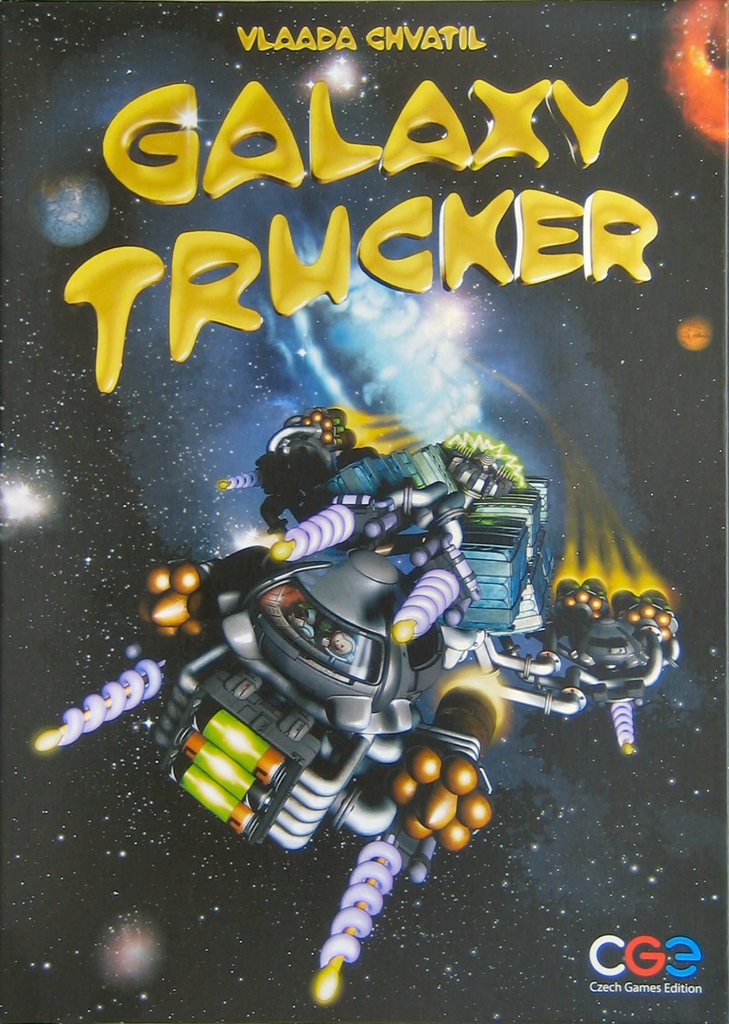
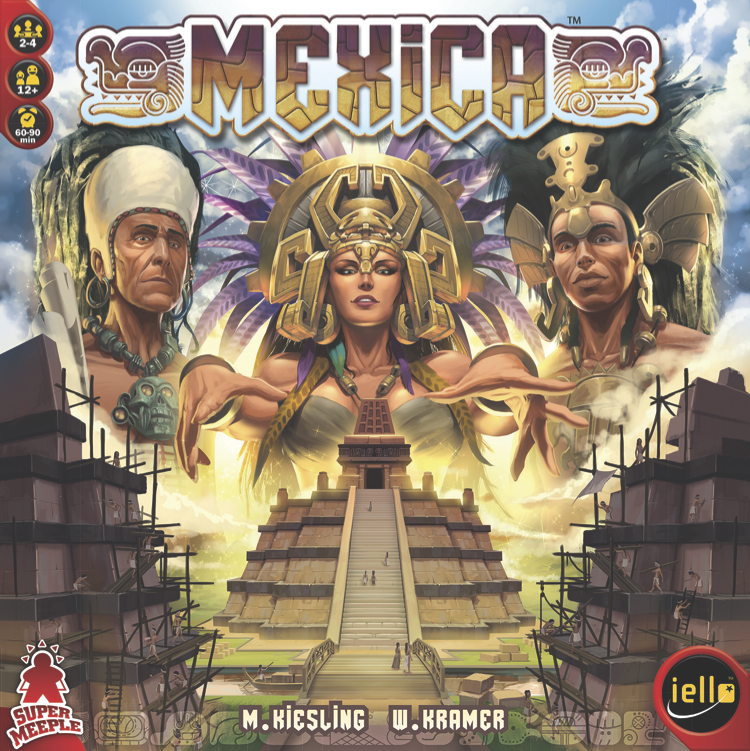
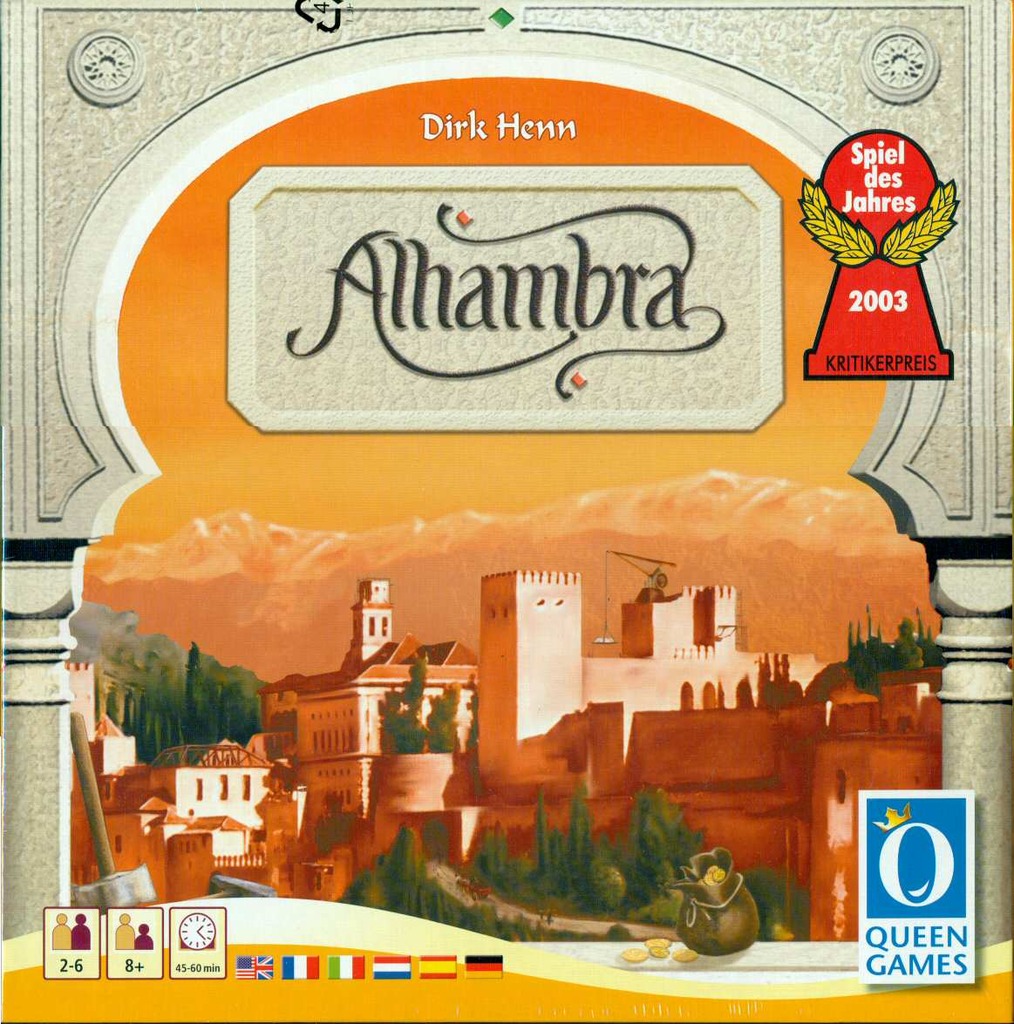
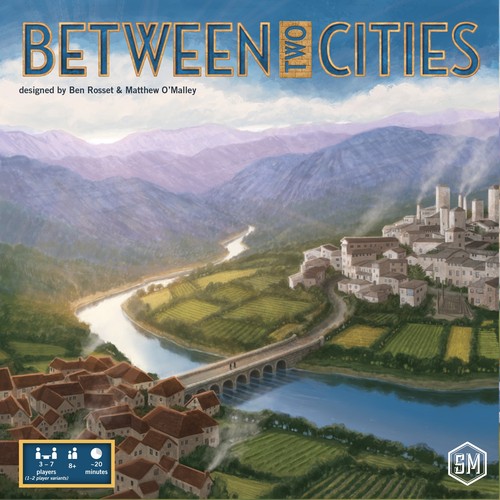
Sam says
When I first played Castles of Mad King Ludwig I wanted to play again, and again and again. Having done so at least a dozen times, I don't have the same yearning for it now - but I do still have a copy and it comes out now and again. It's always enjoyable too - there is something about building a castle that satisfies the inner child, whilst the outer adult can undermine opponents with the potential sneakiness of the games' economy, which adds a little spice.